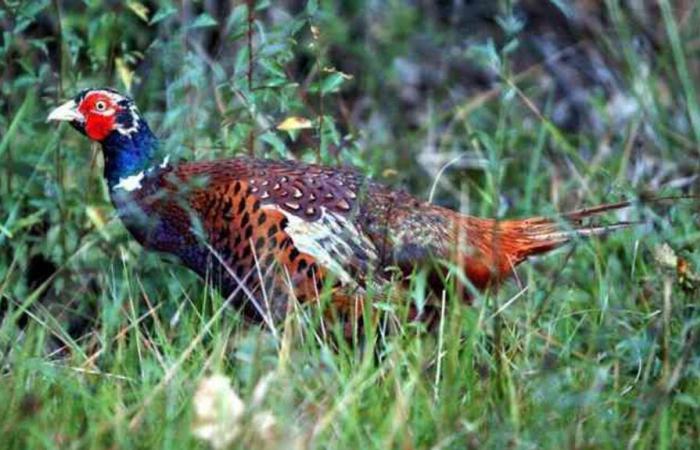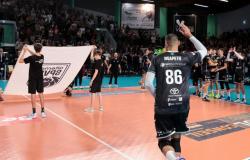One Voice and L214 are two national associations which have become known for their campaigns in favor of animal welfare, in particular directed against the conditions of breeding or slaughter of animals for slaughter. The file which brought them on Tuesday November 26, 2024 before the administrative court of Poitiers is quite original since it concerns the extension (already carried out) of a breeding of pheasants and partridges intended for hunting companies.
Meant to be fired
This breeding farm, operated by the Selac company, in La Peyratte (Deux-Sèvres), benefited from a prefectural extension authorization on February 15, 2022, the number of animals being increased from 14,500 to 95,200.
If, as one imagines, it is the very principle of breeding game intended to be slaughtered as soon as it is released which shocks animal defenders, it is not on this point that the two applicant associations can hope to win their case.
Significant defects
Nor even on the question of animal welfare which seems assured. In any case, notes the public rapporteur of the administrative court, the question was correctly studied in the file submitted for authorization.
But on at least four points, the magistrate considers that the file was incomplete, or even contained significant defects, with no direct link to the breeding itself.
First there is the question of the signatory of the prefectural decree, of which it is strictly impossible to know who it is.
More annoying: the project involves the installation of photovoltaic panels connected to the electricity network by more than 10 km of cabling, of which it is completely unknown how and under what conditions it would be installed.
If the authorization application file clearly raises the question of the evacuation of dead animals intended for rendering, the frequency of collections varies from one page to another of the file.
Waste poses a risk of pollution
But the most problematic, for the magistrate, remains the question of the spreading of waste linked to this type of breeding. The operator proposes to bury this nitrogen and phosphorous waste on an area of 3,000 m2 already used by the previous installation.
The problem is that the volume of this waste has increased nineteen-fold! The risk of pollution of groundwater, in the middle of a wetland, is real, notes the public rapporteur. And the plant cover will not be sufficient to absorb all the nitrogen and all the phosphate released. Especially since there is every chance that “the vegetation does not resist” to these spills, said the magistrate.
Towards a stay of proceedings?
For the lawyer of the applicant associations, this significant risk of pollution should lead to the cancellation of the contested authorization. Although he recognizes that the court does not see what solution to bring to the problem posed by the spreading, the public rapporteur proposes to postpone the judgment for six months, time for the Selac company to find a solution to the defects in its file.
The company's lawyer agrees with this proposal while asking the court to give her client more time. The court should in principle make its decision on December 10.






